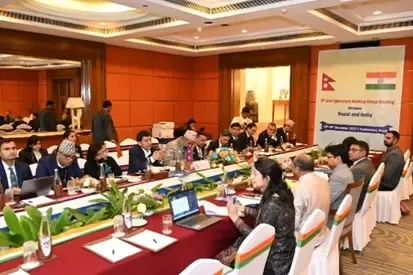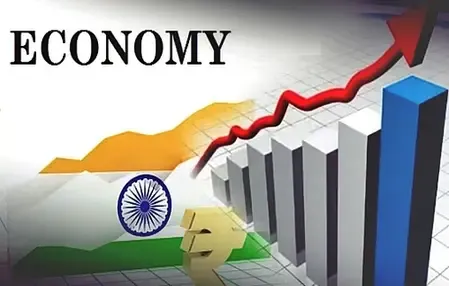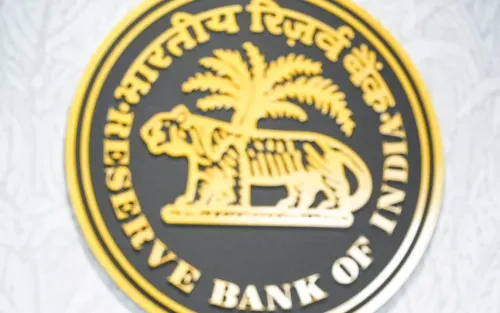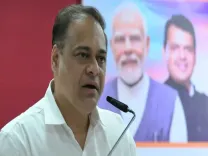How is TRAI Enhancing Tariffs to Support Retail Broadband Connectivity under the PM-WANI Scheme?
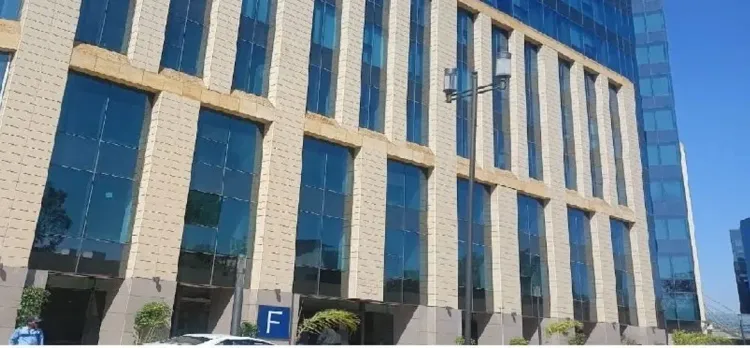
Synopsis
Key Takeaways
- TRAI has introduced a new pricing framework for PM-WANI.
- Public Data Offices (PDOs) are crucial for public Wi-Fi expansion.
- The tariff for PDOs will not exceed twice the retail price.
- This framework aims to ensure affordable access to broadband.
- The initiative is part of a broader goal to enhance digital infrastructure in India.
New Delhi, June 16 (NationPress) In an effort to enhance the PM-WANI scheme, the Telecom Regulatory Authority of India (TRAI) announced a new pricing framework on Monday aimed at improving retail broadband connectivity for Wi-Fi service providers, known as 'Public Data Offices' (PDOs), to tackle the hurdles hindering the expansion of public Wi-Fi hotspots.
The telecom regulator has finalized the Telecommunication Tariff (71st Amendment) Order, 2025, establishing tariffs for retail broadband connectivity specifically for PDOs.
The order states, "Every service provider offering retail Fiber to the Home (FTTH) broadband services must provide all retail FTTH plans up to 200 Mbps to PDOs under the PM-WANI scheme at a tariff that does not exceed twice the tariff charged to retail subscribers for the same FTTH broadband plan of the respective bandwidth (capacity) offered."
This pricing strategy has been crafted to suitably balance the interests of all parties involved by ensuring affordability for smaller PDOs while also providing fair compensation to service providers for the broadband connections.
The TRAI explained, "The proposed tariff framework considers the current market conditions, existing levels of PM-WANI service adoption, and future growth potential. By aligning with these aspects, the framework seeks to promote the orderly, sustainable, and inclusive development of the public Wi-Fi ecosystem under the PM-WANI initiative."
On September 16, 2024, the Department of Communication (DoT) made amendments to the PM-WANI framework, eliminating the need for PDOs to establish commercial agreements with Telecom Service Providers (TSPs) for internet connectivity.
In light of the DoT’s amendments, along with stakeholder feedback on the draft Telecommunication Tariff Order (TTO) (70th amendment) and further internal evaluations, the Authority released a revised draft of the Telecommunication Tariff (71st Amendment) Order on January 15, 2025.
The telecom authority reiterated that the broadband tariff (FTTH) for PDOs under the PM-WANI scheme should not exceed twice the tariff applicable for retail broadband (FTTH) services of similar capacity provided by service providers.


